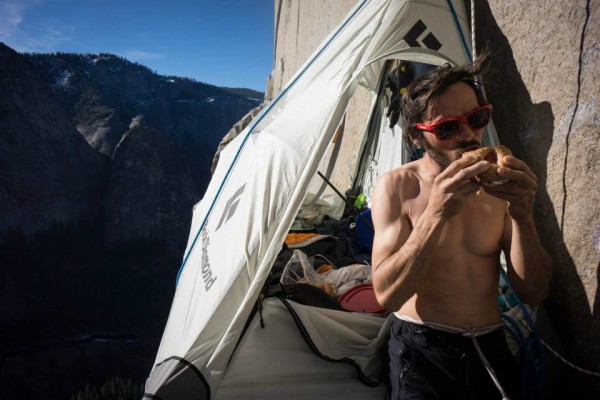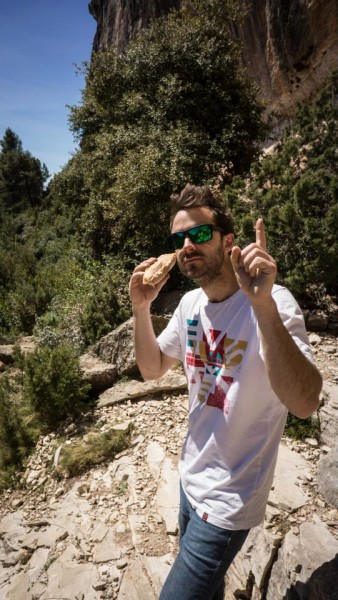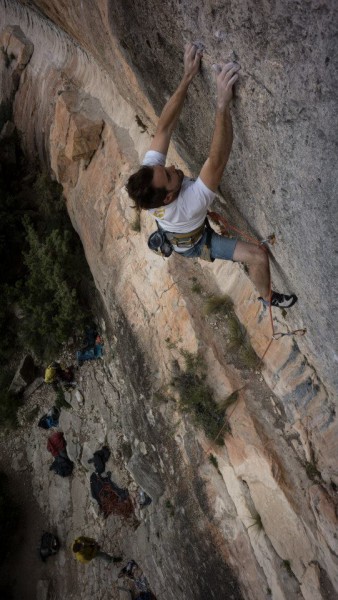Nutrition for climbing can be a difficult subject. On one side of the spectrum there are
climbers who eat a dozen donuts and then crush v13, on the other side there are climbers who gulp air for a light snack for their 5.14d sport sends. Finding the middle ground, of a healthy diet can be challenging especially while engaging in climbing.

Preparation
Climbing requires a properly hydrated body. Ideally, a climber will drink 16- 20 ounces before starting a long climb. The body can only absorb about 36 fluid ounces per hour. Drinking too much will leave you uncomfortable. Being dehydrated is worse. “A fluid loss of two percent of overall body weight, which is not unrealistic when climbing in high temperatures, can significantly reduce muscle performance,” wrote Dr. Robert Portman, the coauthor of Nutrient Timing in a Rock and Ice Article titled Rock Climbing Nutrition: Eating your Way to Better Climbing.
Before really big climbs, climbers often carb load the night before. However, eating a heavy lunch followed by a light dinner, will allow the body more time to digest and allow a bit of hunger for breakfast. Eating breakfast is a necessity for big days out.
Hydrate properly and fuel your body accordingly. Make sure your food has been digested before you begin climbing.

Fueling
Eating well when climbing can be difficult. Boulderers can easily carry any snacks they may want with them but climbing long routes or making arduous approaches to the sport crag make food selection more difficult. Make sure to bring easily digested food. Even though I am not lactose intolerant, I shy away from cheese and dairy products at the crag. The same goes for gluten. Fruit is an excellent source of easily digested energy. Many companies make gels or energy chews that also work well. Climbing for extended periods of time, in excess of a few hours, requires more than just gels. Bars work well but bringing an easily digestible sandwich can help. Eating hard to digest food while climbing is horrible. Big days of climbing on El Cap can be daunting and are worsened with an unsettled stomach inside of an offwidth. One important thing to remember is to eat a little protein while climbing. “Research has shown that protein, when consumed with carbohydrate during exercise, reduces muscle damage and thereby delays fatigue,” wrote Portman. Keep a properly fueled body while climbing. Hunger and thirst are signs that it’s too late. Eat and drink constantly.

Recovery
Immediately after exercise, muscles are in a heightened state for about 45 minutes. “When the right combination of nutrients is consumed during this time, the result is greater and more complete restoration of muscle-energy stores and an increase in protein synthesis, which is critical for repairing and rebuilding damaged muscle tissue,” wrote Portman. Many climbers drink recovery drinks with a 4:1 carbohydrate to protein ratio. Consume about 125 calories of recovery drink for every 30 minutes of climbing. Many climbers want to immediately drink alcohol. While beer offers some carbohydrates, alcohol deters recovery.
Supplements
Many climbers take vitamins to supplement their diet. One noted performance-enhancing supplement is caffeine. When taken in moderation, caffeine is proven to help with aerobic performance. “Caffeine raises blood-sugar levels, providing a source of energy for working muscles,” wrote Portman. Caffeine can help with alertness as well. However, taking too much caffeine can cause shakiness. Knowing tolerance levels can help significantly.

